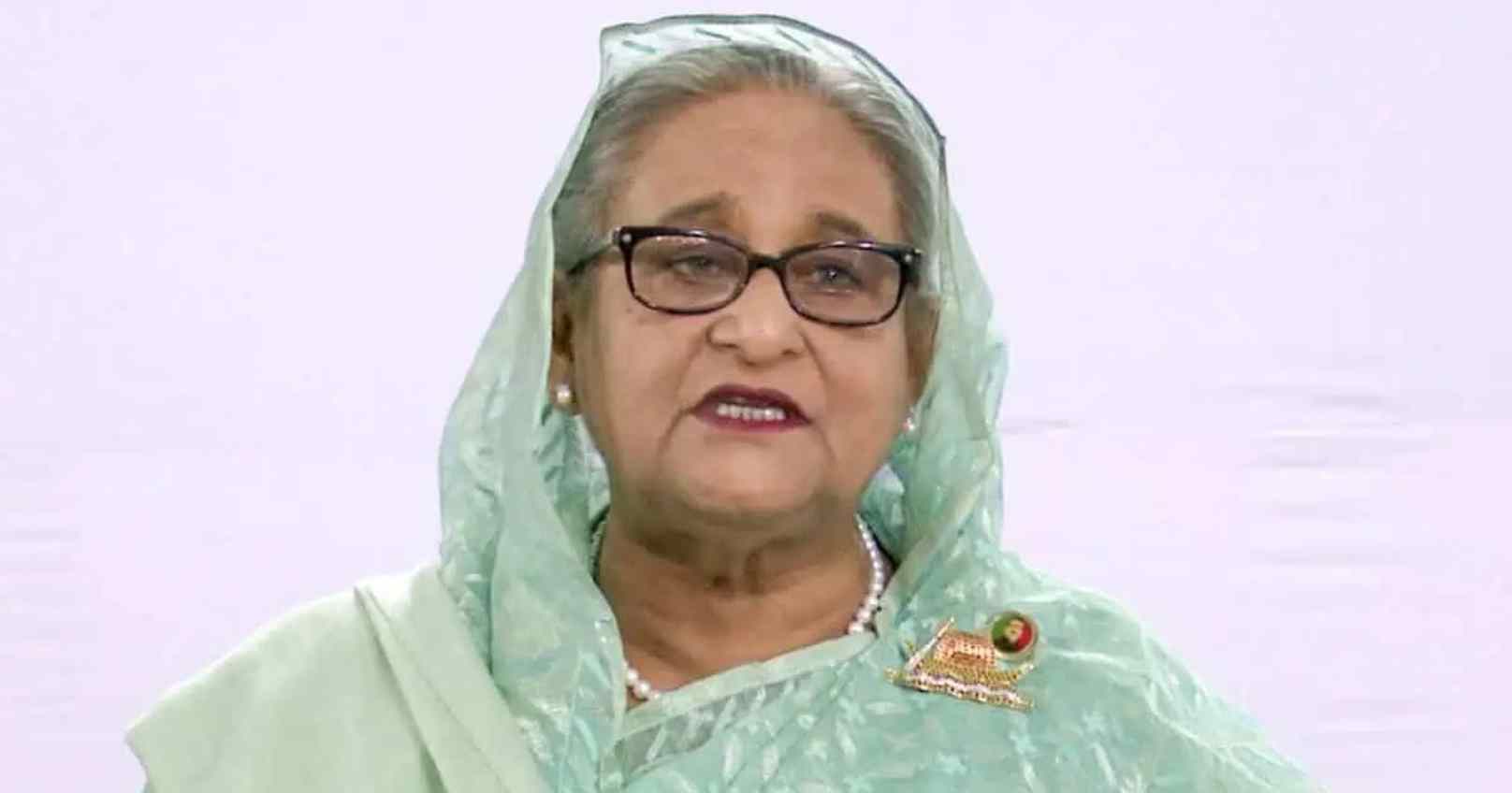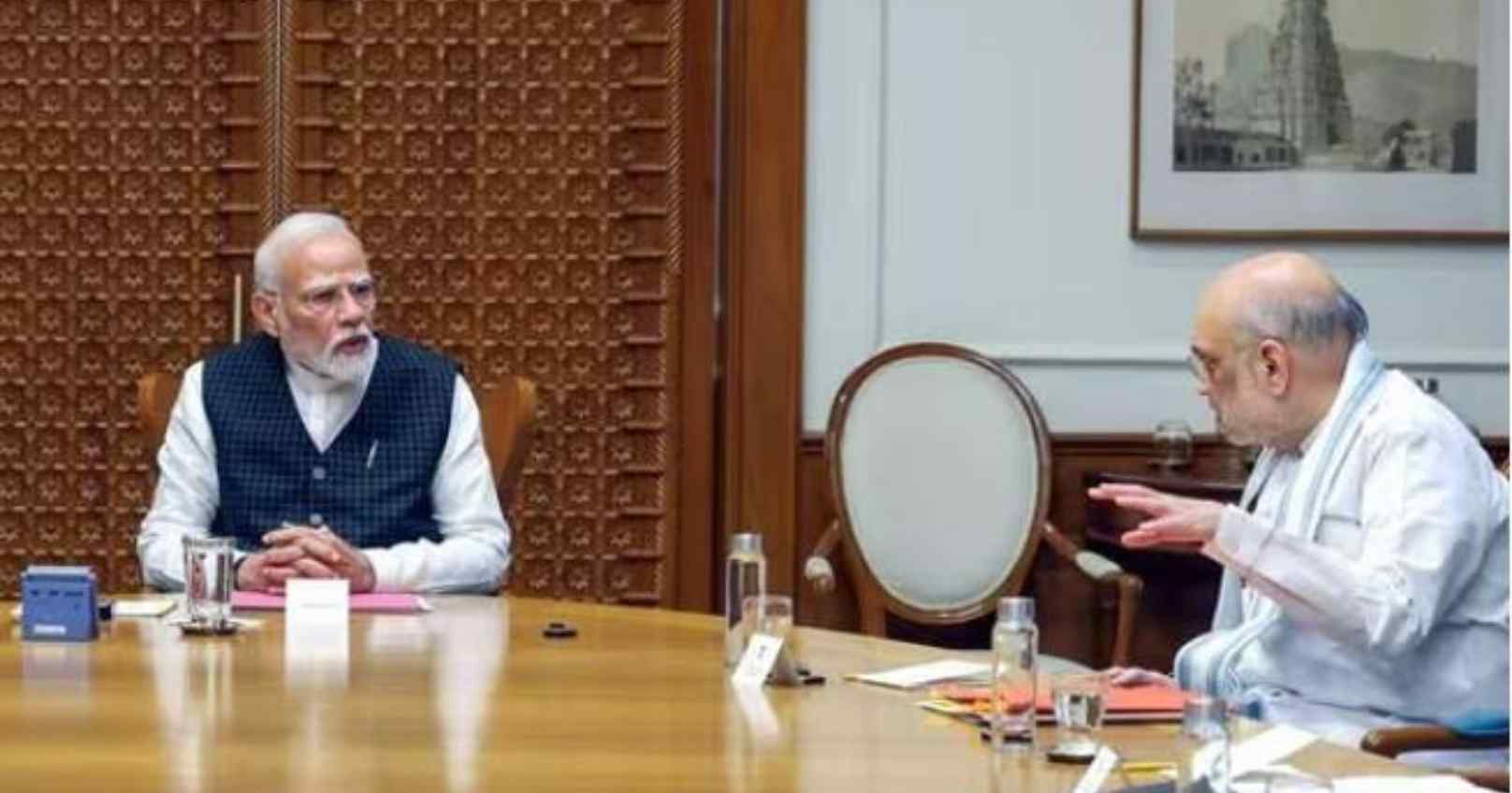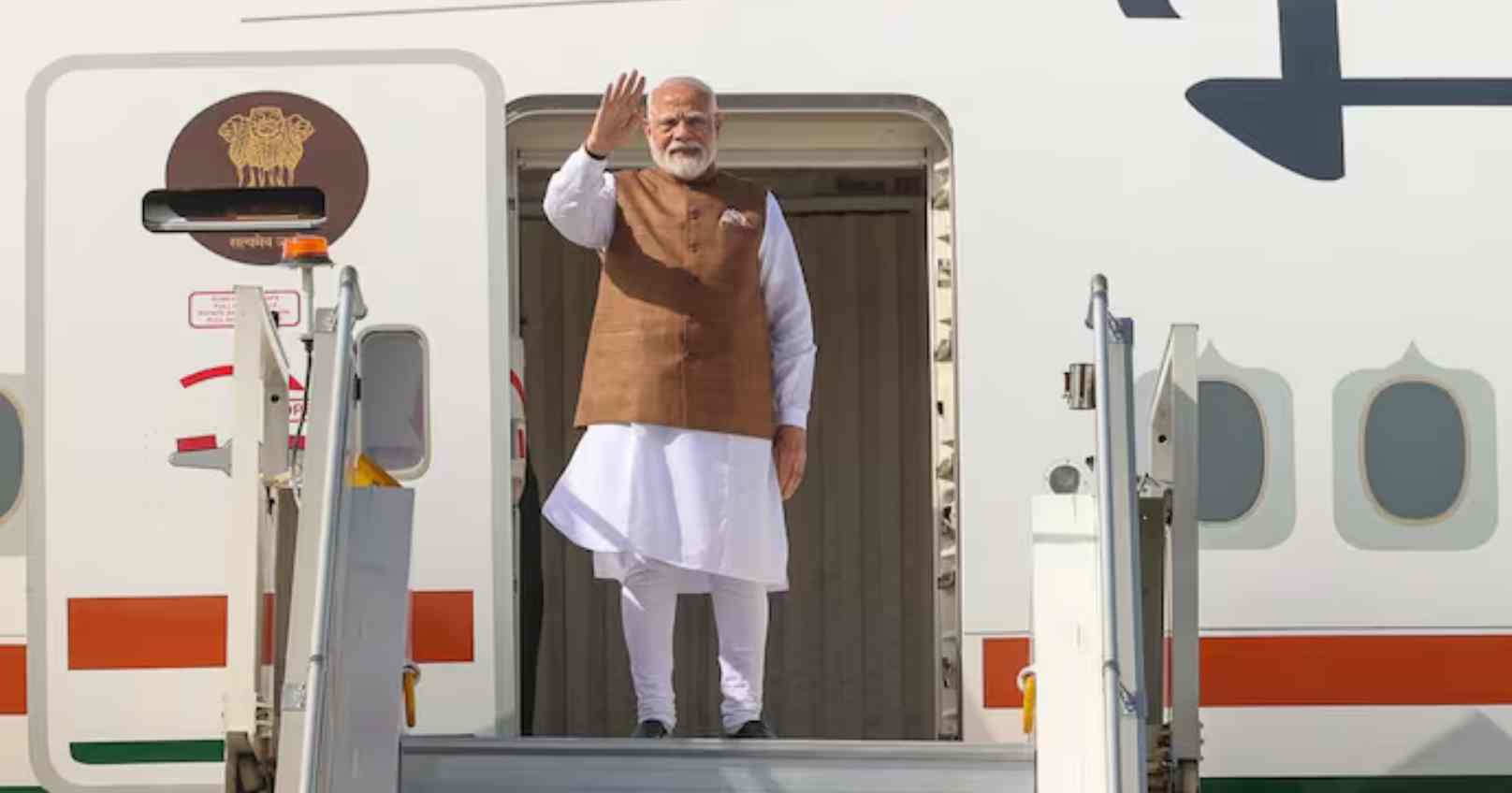The International Crimes Tribunal (ICT) of Bangladesh has issued arrest warrants against former Prime Minister Sheikh Hasina and 12 others in a case related to enforced disappearances and extrajudicial killings during her tenure. The tribunal has set February 12 as the deadline for the accused, including Hasina, to be arrested and presented before the court.
The order was issued during a hearing on January 6, 2025. Among those named in the case are retired Major General Tariq Ahmed Siddique, who served as Hasina's defense advisor; former Inspector General of Police (IGP) Benazir Ahmed; and former Director General of the National Telecommunication Monitoring Center (NTMC), Ziaul Ahsan.
This marks the second legal case filed against Sheikh Hasina, now 77 years old, who fled to India in August 2024 after being ousted from power during a student-led revolution. Following the issuance of the latest warrant, the ICT has reportedly sought assistance from Interpol to apprehend Hasina. Additionally, Bangladesh has officially requested India to extradite her.
Previous Charges Against Sheikh Hasina
In October 2024, the ICT had issued its first arrest warrant against Hasina and 45 others, accusing them of crimes against humanity connected to the student movement that led to her government's fall. The tribunal directed authorities to arrest and produce all 46 individuals by November 18, 2024.
The charges stem from widespread violence during the student-led protests that began in mid-July 2024 against a controversial government job quota system. The movement escalated into mass unrest, resulting in Hasina's government being toppled. Over 600 people have reportedly died in incidents linked to the protests, with 230 deaths occurring after her removal from office.
Government's Stance
In August 2024, Bangladesh's interim government announced its intention to prosecute those responsible for killings and violence during the student movement in the International Crimes Tribunal. The ICT’s recent actions further underscore efforts to hold former officials accountable for alleged abuses of power.
International Implications
The ICT's decision to approach Interpol and request India’s cooperation in extraditing Hasina could have significant diplomatic ramifications. As the deadline approaches, international attention remains focused on Bangladesh's efforts to address human rights concerns and bring justice to those affected by the unrest.







